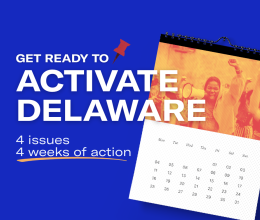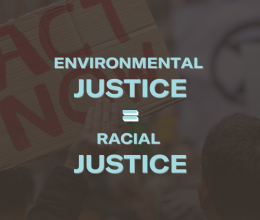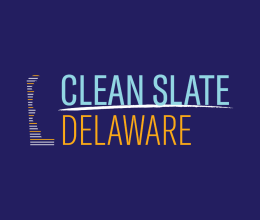Contributed article from Sara Ford, Editor-in-Chief, Black Voices, Southern Delaware Alliance for Racial Justice.
Black Voices was the inspiration of Charlotte King, Founder and Chair of the Southern Delaware Alliance for Racial Justice, and was spurred by the tragic death of George Floyd, whose voice was silenced in the most final way the day of his murder by a white police officer.
As Charlotte has said, “The Black voice has been silenced for far too long. Since the forced journey to a new world that needed the Black body for endless toil, the Black voice has been audible but given no significance. For more than 400 years, Black people — poets, writers, civil rights and government leaders, and all those speaking through their tearful pleas, spirituals, and prayers — have sought acceptance, equality, freedom, and equity. Not during slavery, emancipation or the decades of semi-citizenship has the Black voice been listened to or heard. In 2019, the world watched the public execution of George Floyd as he cried out ‘I can’t breathe.’ Recent efforts have been taken by some members of Congress to address the ongoing dismissal of and indifference to Black Americans. Sadly, the George Floyd Justice in Policing Act of 2021 was defeated by those who witnessed the public execution, heard the cries of Mr. Floyd, and still chose not to vote for change. Voter suppression, another silencing strategy, has increased in many states. Demands for school curricula to include the full account of Black people’s role in the birth and growth of America have been met with hysteria, rage, and an irrational fear of losing privilege and supremacy. Education, the great equalizer, the road to truth and empowerment, is under attack.”
Black voices are absent from high positions in far too many institutions that affect all our lives: corporate boardrooms, state legislatures, school boards, school administrations and classrooms, justice institutions, major industries such as the Real Estate markets, hospital administration, county planning boards, county councils, town councils, and all such entities that are obligated to plan for all county residents.
The silencing of Black voices by intentional deafness, legal mandates, dismissal, violence, and even death, has been integral to the maintenance of systemic racism. When those in power become uncomfortable because the truth is often hard to hear, they silence those who interfere with the fantasies that inform their power.
Our mission for Black Voices is to provide a space for Black people and white allies to speak out and to educate all of us through their stories and their opinions on critical issues. We aim to create deeper understandings, build bridges, and stimulate action and advocacy towards making our society more just and equitable.
The first volume of Black Voices, which came out in November 2021, included articles on racial justice through imagining policing, a youth perspective on policing, the School of Aviation at Delaware State University, and Delaware’s poor record on voter access.
The second volume included an article that picked up on racial justice, this time in the court system (particularly the matter of sentencing), articles that spoke to the need to teach Black history throughout the year and fully integrating it into all curriculum, a discussion of microaggressions, and two stories highlighting local history.
To become part of the Black Voices mailing list and receive a hard copy of the magazine, please send a request to [email protected]. Be sure to include your email, so they can send a digital copy in addition to the hard copy.
If you wish to contribute a story, comment, or make suggestions for future editions, use the same email, [email protected]. The Black Voices team welcomes new contributors, including poets. In addition to articles on issues and history, they would like to highlight artists, musicians, writers, and groups and organizations that are making a difference as we all work toward a more equitable and just society.
If you wish to view the digital copies of all the volumes, please visit sdarj.org. A link to the newsletter can be found on the first page of the website.









